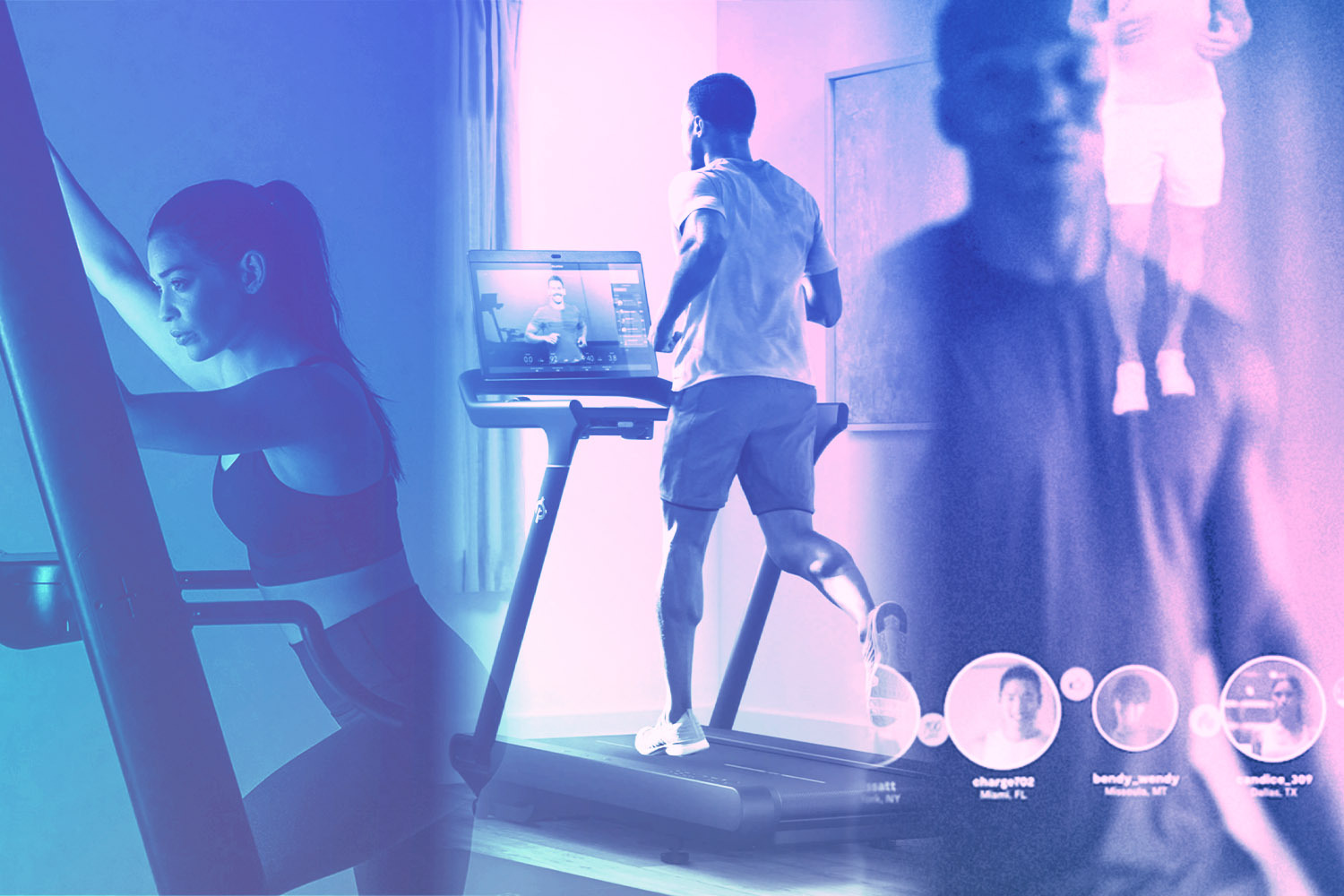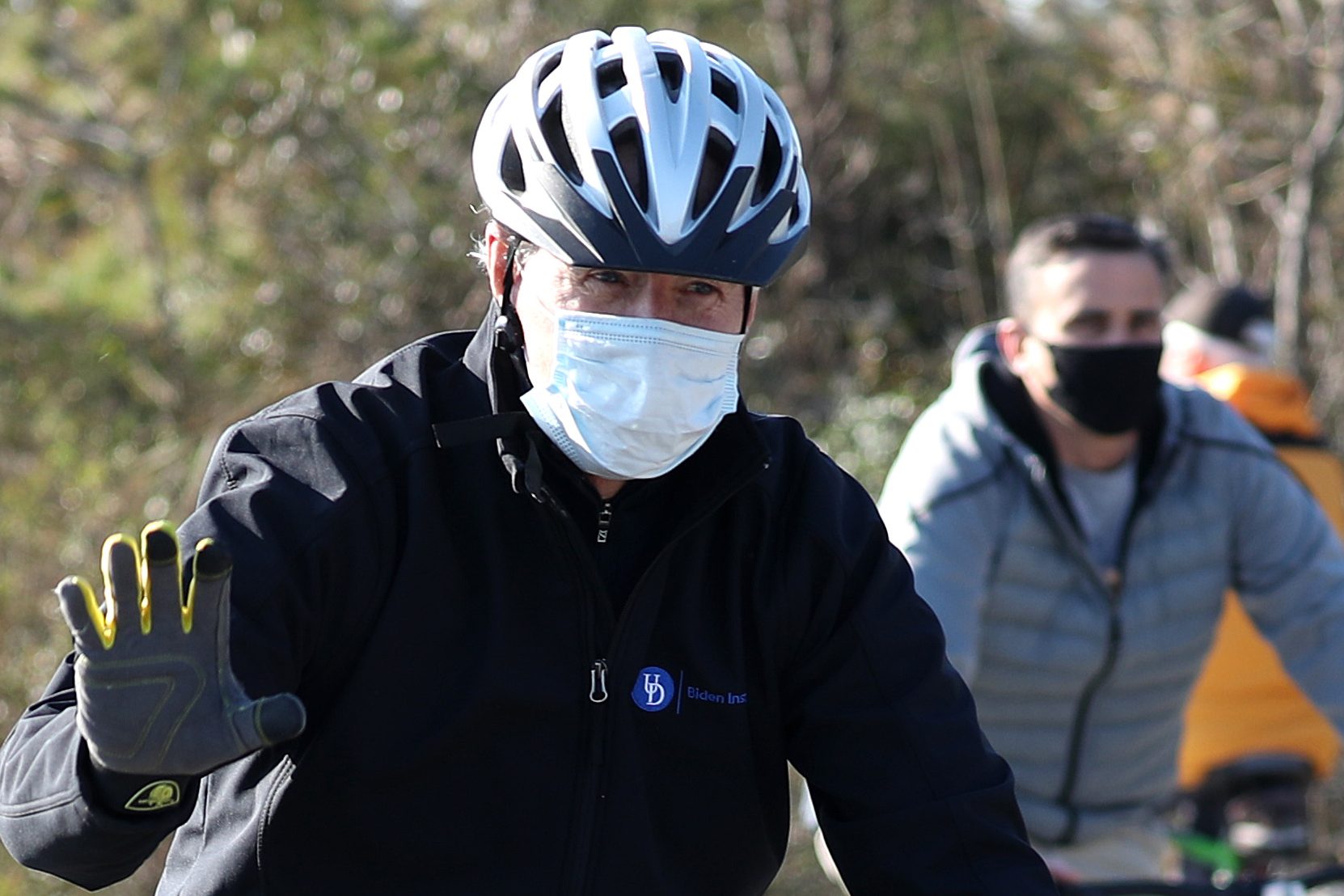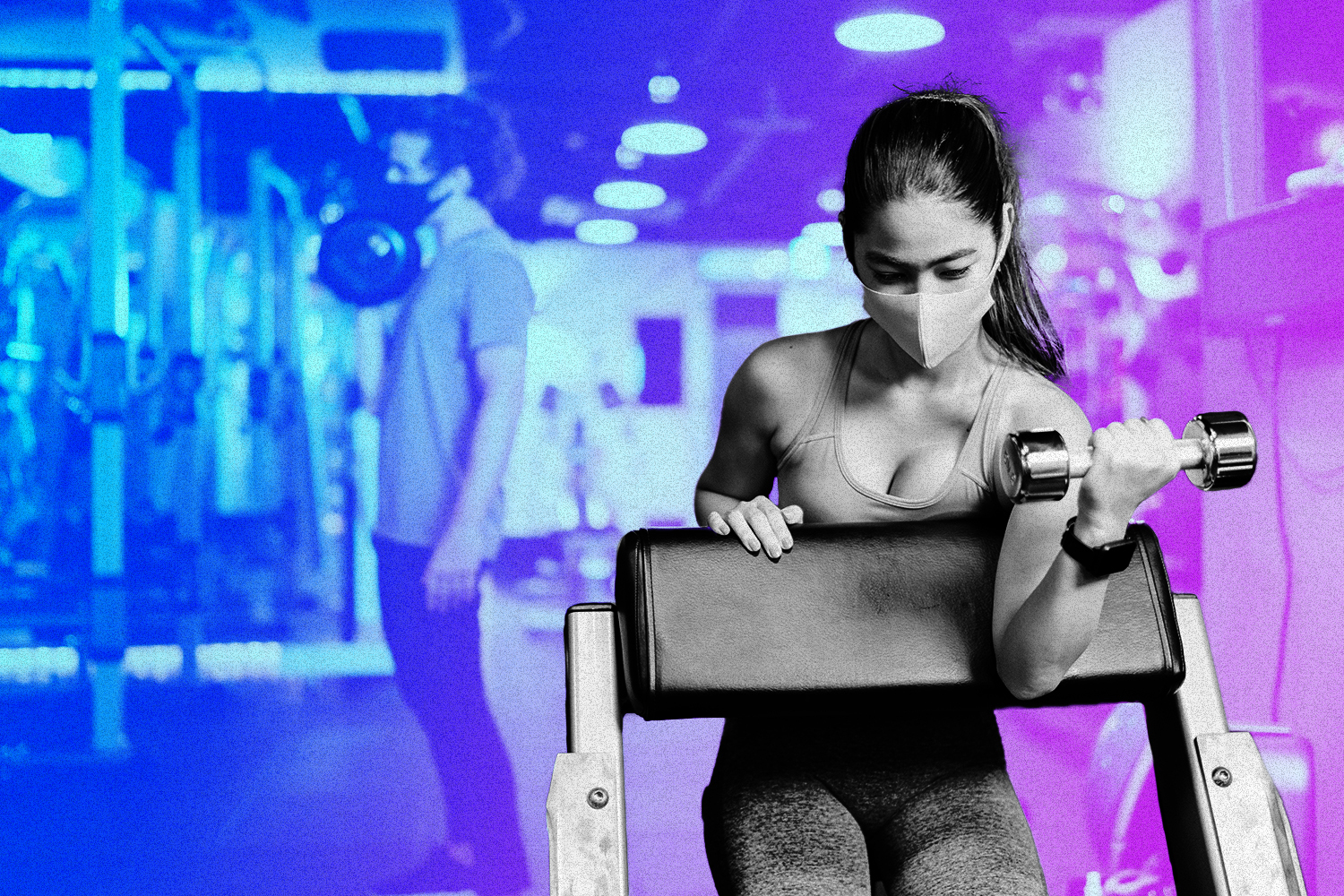Last March, just a couple weeks into the pandemic, The Atlantic published a piece titled “There Are No New Friends in a Pandemic.” We were quarantine infants at that point, still marveling at days without commutes, still learning a new kind of glossary: R number, remote learning, PPE.
A year later, we’re not fully through it, but we’ve all found ways to keep going — mainly by latching onto the friends (and family) we already have. We’ve hosted Zoom game nights, commiserated with coworkers and left apartments behind to quarantine “back home” with close relatives. Many Americans have expanded their pods as the months have dragged on; a survey conducted last July found that 47% of the country was operating in self-monitored bubbles of up to 10 people.
Assuming that you’re observing basic safety measures, creating a so-called “quaranteam” is instrumental to managing the unprecedented isolation of the COVID era. Anxiety and depression are skyrocketing all across the nation, and having people to actually talk to each has tangible mental and physical implications — unsurprisingly, loneliness has long-term links to weight gain and heart disease.
As for meeting people, all the usual outlets are currently compromised. There’s no joining an intramural team or improv troupe right now. You can’t get bombed at a comedy club with friends of a friend this Friday. New colleagues don’t count either: if you don’t know how tall they are, you don’t know them. Sorry. And that’s to say of nothing the dating world, a dark place even when the country’s at full health. These days, it’s basically theoretical.
Still, there is one arena where people are actively welcoming strangers into their pods, and getting closer by the day. Those engaging with this space aren’t just making friends. Riding an unceasing wave of support and positivity, some appear to even be falling in love. I speak of Peloton, and the phenomenon of the increasingly ubiquitous “Peloton crush.”
It’s real. Behold:

Yeah. People have got it bad. Head over to Twitter if you haven’t had enough. The simple search term “in love with Peloton instructor” will provide pages upon pages of thirst. The tweets can get pretty damn imaginative, too. One account wrote: “The movie HER except instead of an operating system voiced by Scarlett Johansson, the protagonist falls in love with a Peloton instructor obsessed with 3 Doors Down.”
When I first heard about this concept over a year ago, I chalked it up to all the usual trainer-trainee fantasies. Trainers are physically attractive. A hot bod’s an inevitable byproduct of the job. Plus, there’s a power dynamic at play — trainers hold the expertise you need to get your fitness to where you want it to be. It can’t hurt either that that they spend a good amount of time staring at your body, poking parts here and there to point out subtle fixes in form.
But Peloton instructors don’t hold classes at the gym down the street. You can’t flirt with them in the parking lot after class. They’re essentially digital avatars. Of course, this wouldn’t be the first time anyone’s lusted over someone on the internet. But the distinction here is in the emotional bond that Peloton users ascribe to their instructors. This isn’t about kink or leering or transgression or transaction. People are legitimately attached, to people they don’t know, and most likely will never know.
How is this possible? Well: people feel like they know their Peloton instructors, for starters. When your circle is condensed to fewer than 10 people for more than 10 months, is it such a surprise that someone you spend every single day with, for anywhere from five minutes to a couple hours, might become an emotional fixture in your life? The dynamic fosters a softer loyalty, one predicated on familiarity and reliability, not a sports bra and yoga pants.
One of the hallmarks of adult wellbeing is companionship. Spending time with people we feel we can trust engages the brain’s reward circuits. It has a similar impact to exercise, in fact. Spending time with a Peloton instructor might be considered the motherlode of good vibes. Every afternoon, you’re checking in a with a confident, prepossessing soul, someone brand new to your life — at a time when everything is exhaustingly the same — who exhorts you with sayings like “Be better than your best excuse,” and reminds you “Treat your body like it belongs to someone you you love.”
I wanted to know how a real-life Peloton instructor feels about this energy. Does it feel completely out of left field? Is it all in the heads of riders?
Peloton’s Jess King, a seven-year vet on the bike, says, “I feel deeply honored and touched that I am a part of peoples’ lives. If I can bring a sense of empowerment, entertainment and laughter into someone’s day during our time together, I feel fulfilled. We’re all going through our own version of discomfort during this pandemic. Peloton helps us all feel less alone.”
King confirms: everything the trainers say up there is real. They’re not reading off teleprompters. “The only script is the one in my head … what you hear from me is always honest and original.” The instructors can’t exactly stop the devotion that sort of authenticity engenders. (King acknowledges that over the years, she has come to recognize certain leaderboard names of users who only take her classes.) But then again, why would they want to?
These trainers often have multiple side hustles, and a follow on the bike could mean a follower on Instagram. To some degree, that one tweet comparing Peloton to the movie Her, a dystopian film where millions fall in love with the same operating system at the same time, is uncomfortably apt. But ultimately, this is a positive thing. King wants her riders to “overcome limiting thoughts by overcoming physical limitations.” She says, “I want to make people laugh. Sometimes they cry, but ultimately, I want members to know that it’s ok to feel everything, and they’re not alone.”
People need — they thrive on — that sort of connection. I managed to connect with a few Peloton users who have the hots. A member of an e-bike marketing team named Maddy thinks of her sessions with one instructor as a romcom where she plays the co-lead. A pair of friends, both in PR, pine for an in-class shoutout from their favorite instructor. A book publicist is smitten with Dennis Morton, particularly since he cut his hair.
This tweet sums it up best: “It’s only been one ride, but I’m pretty sure my Peloton instructor is in love with me.” It’s easy to love when we feel loved. And the platform makes it easy to keep that honeymoon phase going. There are years of backlisted classes to parse through. We’re going to need it. In an age like this, we’ll take all the affection we can get.
This article was featured in the InsideHook newsletter. Sign up now.






















